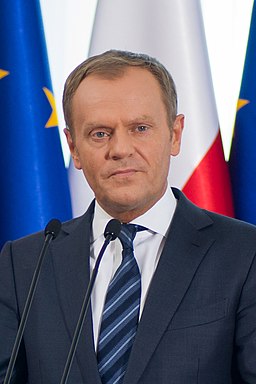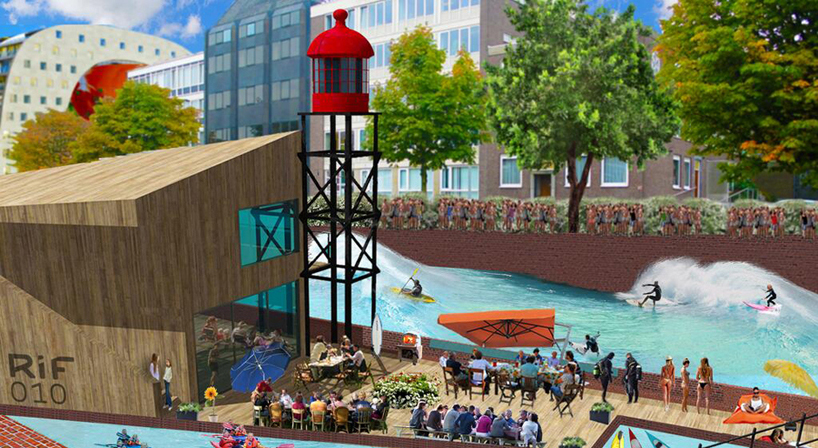One of the strongest traditions of the monarchical institutions has been the steadfast view that a monarch reigns until death, unless exceptional political circumstances have forced the incumbent out prematurely. The only traditional exception to this rule has been the Dutch monarchy, whose reigning queens during the 20th century have not hesitated to take a step back and go into retirement when their successor has been deemed ready to take over. But that has been the quirky exception to the rule.
Now, in the 21st century, however that age-old monarchical taboo however seem to be regarded more and more as an anachronism in today’s world. In a sweep that started with the – actually even more unprecedented – stepping down of pope Benedict XVI and then continued with the abdications of both the Dutch queen Beatrix as well as the Belgian king Albert II and, latest, Juan Carlos I of Spain, it seems like a new precedent is forming. In the modern monarchy it seems the head of state are now seen as entitled to retirement. Or deemed unproblematic enough to have around as a retiree. Because it must also be noted that the other side of the coin with abdicated monarchs is that you will in such circumstances have an ex-monarch who theoretically can remain an influential power voice and a voice that is no longer as bound by convention and position. Such a person could theoretically be a problematic political problem, all depending on his or hers personal ability to slip into the new and in many ways undefined role given. With the diminishing actual political power of the monarchs in today’s European states that could be a lesser problem, but nevertheless it is still to be seen during coming years if this new tradition of handing over the crown “in advance” will prove to be a beneficial move or not for these very archaic institutions. For now, it seems to be functioning.

